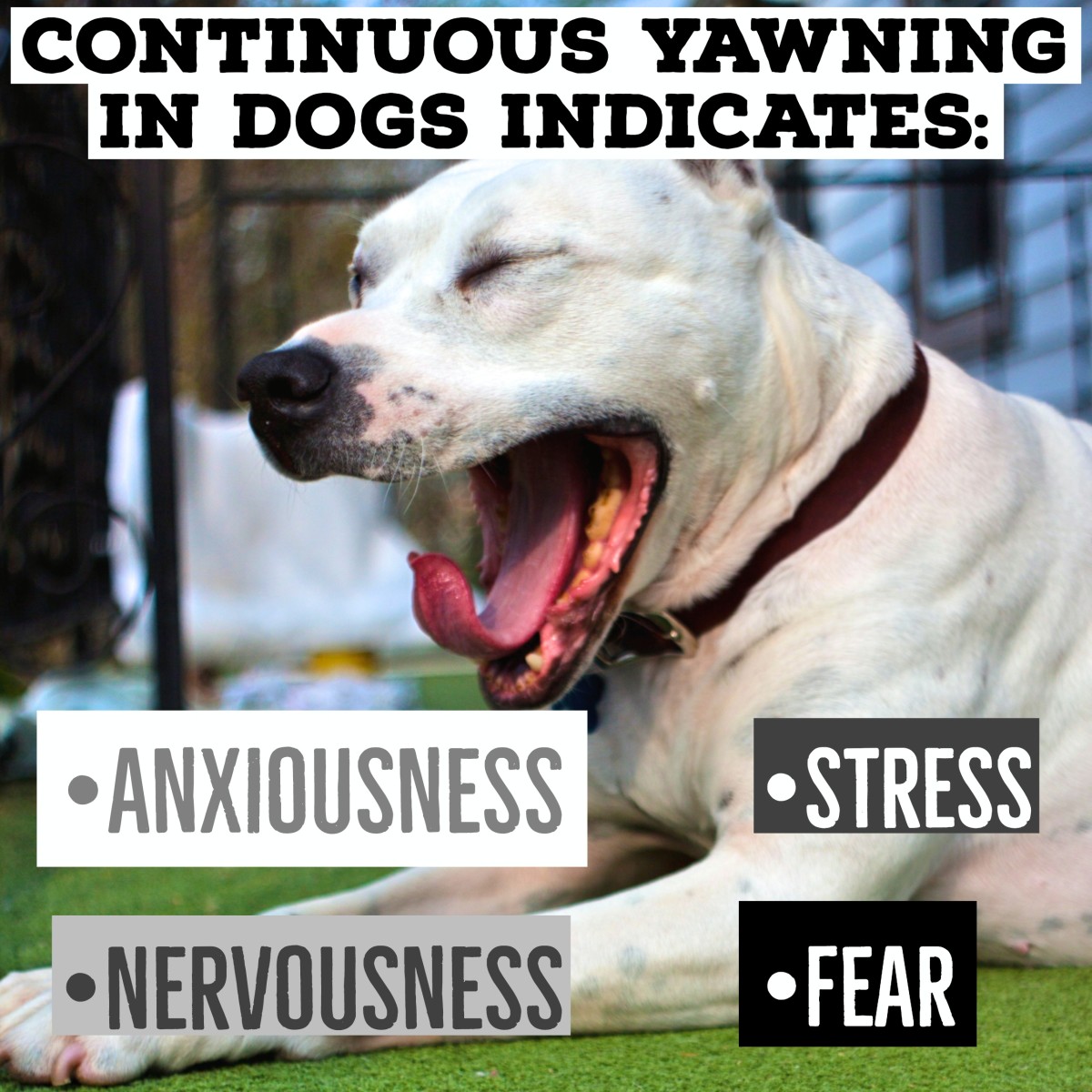
Its often a dogs way of trying to prevent a threatening situation from escalating. Sometimes they will lick because they smell leftover food particles in the other dogs mouth.

Its not always a serious situation however but it can be concerning to watch.
What does it mean when a dog constantly licks its mouth. Lip Licking Causes. Other Mouth problems including tumors injury from sticks or bones and infection. It is important that if your dog is licking their lips more than normal that this problem is not ignored as many of the causes of lip-licking can seriously impact a dogs happiness and comfort levels.
Possible reasons why your dog licks your mouth are that the behavior is rewarded it is looking for attention boredom it is being affectionate or that it is excited. Since there are a number of possible causes it would help to consider what would make each of them more likely. Licking and yawning in dogs is a sign of either nausea or severe stress.
Dogs who want to vomit may obsessively lick their lips yawn and swallow. Anxious or nervous dogs will also continuously lick their lips and yawn. But sometimes licking is a symptom of a more serious problem.
If your dog is licking themselves you or objects excessively to the point that it seems like a. Problems that may affects a dogs mouth or tooth may include periodontal disease objects embedded in the dogs mouth or problems with the salivary glands. If you live in an area where there are foxtails consider that these pesky awns may have lodged somewhere into your dogs mouth or throat causing lots of discomfort lip smacking drooling and gagging.
A dog that is constantly licking his lips and swallowing most often has some type of medical issue going on. Its not always a serious situation however but it can be concerning to watch. If youve noticed your dog displaying this behavior you might want to learn about the most common reasons why this is happening.
Not only does excessive licking cause discomfort for your dog but it is often due to an underlying medical problem. Often times excessive licking of the paws is due to one of three underlying causes. Atopy the equivalent of hay fever in people.
It is often a stressed and fearful dog who is exhibiting licking behavior and these behaviors have become so ritualized that an anxious dog may lick even when there is no dog or person close. Dogs will typically lick each others faces as a sign of deference or affection. Sometimes they will lick because they smell leftover food particles in the other dogs mouth.
While this is considered a pretty normal dog interaction make sure to keep an eye on them to ensure that neither dog is getting upset about the interaction. Up to 20 cash back Although I would suppose acid reflux can cause this - my top differential would be dentaldisease tooth disease Having your veterinarian evaluate the teeth and if this is the problem - considering a dental cleaning as well as antibiotics would likely be the recommendation. Health problems can lead to a dog constantly licking their noses and may vary from minor issues to very serious problems.
Nose licking is most concerning when the nose licking is new excessive or when it is associated with nasal discharge or blood. Possible causes of nose licking include. Most of the time a dog licking their lips is a sign of submission.
Its often a dogs way of trying to prevent a threatening situation from escalating. 8 If for example someone is yelling at your pet they might first lick their lips in order to get the yelling to stop. Either something in the environment causes your dog to mouth you or something that happens after your dog mouths you rewards his behavior or both.
When people say their dog is mouthing them they generally mean that their dog is putting his mouth and teeth on their body with very little or no pressure. If the dog keeps flicking its tongue out you can assume that its basically a pacifying action. In other words puppies may lick the air to calm themselves.
It may be an oral self-soothing behavior similar to the way human babies suck their thumbs.